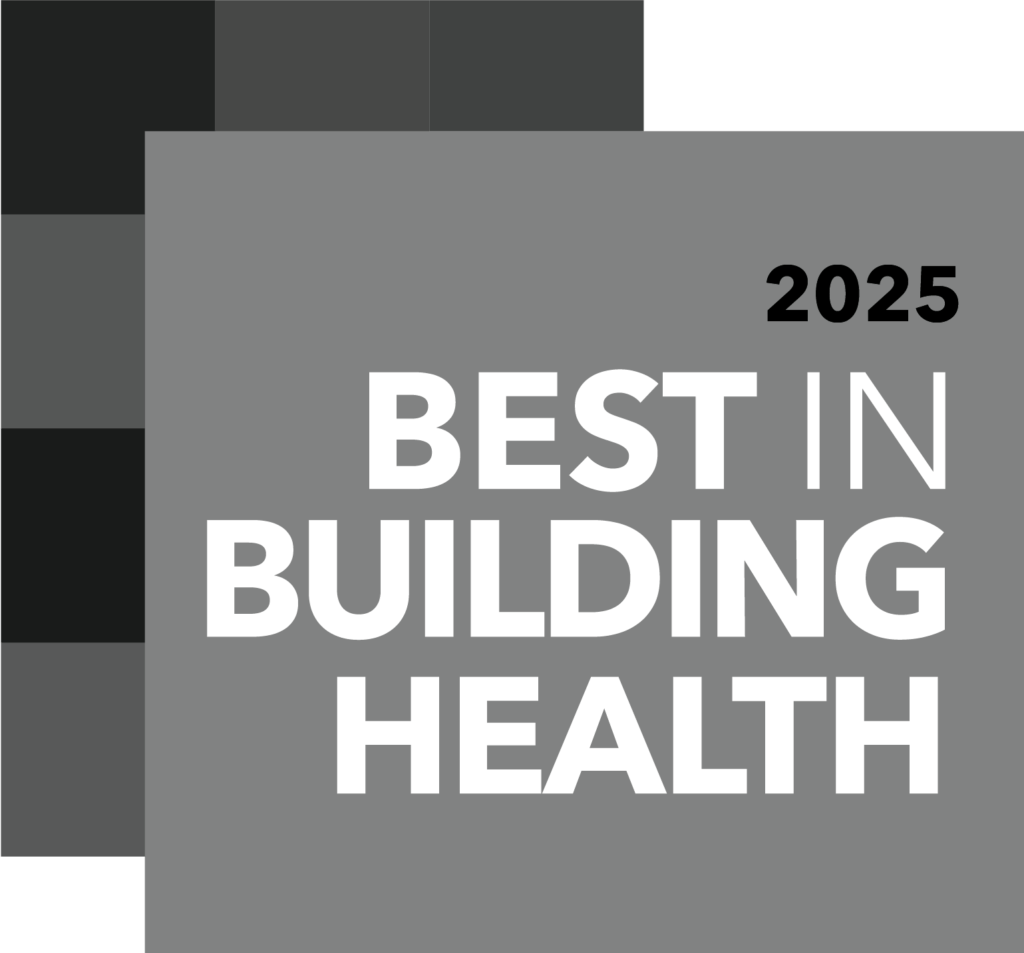
Thought
GRESB 2019: What are your limiting factors?
It feels like not too long ago, the GRESB reporting season reached its climax and our consultants breathed a sigh of relief, dubbing last year as one of our busiest GRESB periods yet.
Ironically, it’s set to get even busier for us this year with our team expected to support close to 90 submissions, quite a leap from the 70 submissions we supported on last year.
But how do we manage to accurately support all these submissions you may ask?
EVORA has had a close working relationship with GRESB over the last six years and has been supporting clients with the survey ever since. The depth of experience we’ve gained over this time enables us to support first-class submissions for our clients. To a large extent, our efforts are powered by our proprietary sustainability software, SIERA, which seamlessly transfers data into the GRESB portal reducing what we well know is a time-intensive process.
Getting outstanding results (where targeted), which is the much coveted five-star rating, comes with being recognised as an industry leader and speaks highly of you to investors and stakeholders. However, to achieve GRESB success we often find that there are limiting factors that can hold participants back from reaching their end goal.
With our experience in supporting clients right from the early stages through to market leadership, we seek to address common limiting factors that get in the way of achieving high GRESB ratings.
Have you identified areas where you can improve scoring opportunities?
“It’s the little things that matter!”
To bridge the gap between where you are and where you want to be, spend some time reviewing/analysing last year’s scores and define an action plan for this year’s survey aligned with your fund’s sustainability strategy and objectives. If this is your first GRESB assessment, consider each of the sustainability aspects within the survey and review the availability of sustainability performance data such as utility data, technical audits, and stakeholder engagement programmes. Allocate roles and responsibilities within the business, a timeline for completion and track progress.
Don’t forget to review changes to the survey questions within the pre-release document, which is available now!
Is there a coordinated approach within the organisation for submitting supporting evidence?
As we well know, a lot of supporting evidence that broadly covers ESG (Environmental Social & Governance) topics is required throughout the survey. It gets even trickier if you have an international portfolio and you work with multiple stakeholders.
Put a structure in place for collating and preparing evidence required early! Engage with internal and external stakeholders to ensure they understand what is required of them to ensure a smooth submission process.
Are there efficient processes in place for collating and submitting PI (performance indicators) data?
Collating asset level data can be quite a challenge for organisations with large portfolios, however, the PI aspect of GRESB accounts for 25.6% of the overall marks; the highest weighting of all seven aspects.
As we always say, focus on transparency, quality, and automation as much as possible. For example, with our software SIERA, we support clients to collate asset level data, provide verification, analyse and support submissions.
To provide an even more streamlined process to the GRESB survey we are set to release exciting updates to our SIERA software prior to April 2019 – keep your eyes peeled.
How would you respond to new ESG trends included within the survey this year?
The GRESB 2019 survey includes select questions from the previously optional Health & Wellbeing module. Prepare in advance by studying the pre-release document which sets out the key changes and will let you draw up an approach your organisation may take in responding to these. Keeping an eye on the weighting will help you to take a strategic view when identifying key focus areas for GRESB 2019.
Health and wellbeing is a broad topic and as such we recommend you engage with a variety of key stakeholders (considering internal programmes and what’s happening within your portfolio) to draw out key considerations. This could be across health, safety, crime, wellbeing, accessibility and inclusivity.
Implement a monitoring procedure which you can easily report on, that reflects these activities such as tenant satisfaction surveys, IEQ (Indoor Environmental Quality) assessments etc.
Final thoughts
With each limiting factor that you eliminate, you accelerate the rate at which you progress towards enhanced fund performance and GRESB success. EVORA can offer advice on overcoming any of these factors that are limiting your potential.
Read our GRESB eBook here for a comprehensive guide on how to prepare your assets and portfolio for success in the GRESB 2019 reporting cycle.













